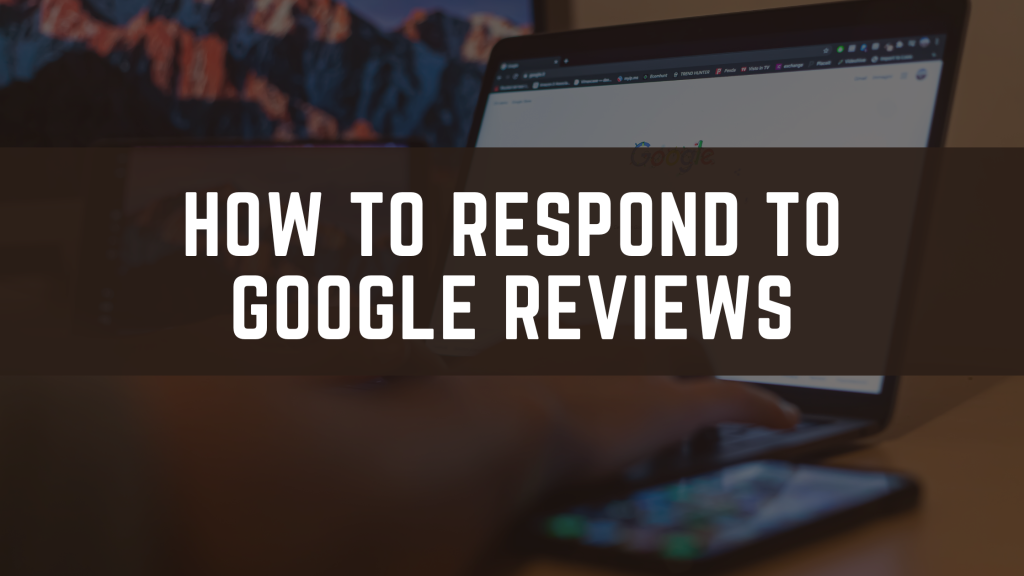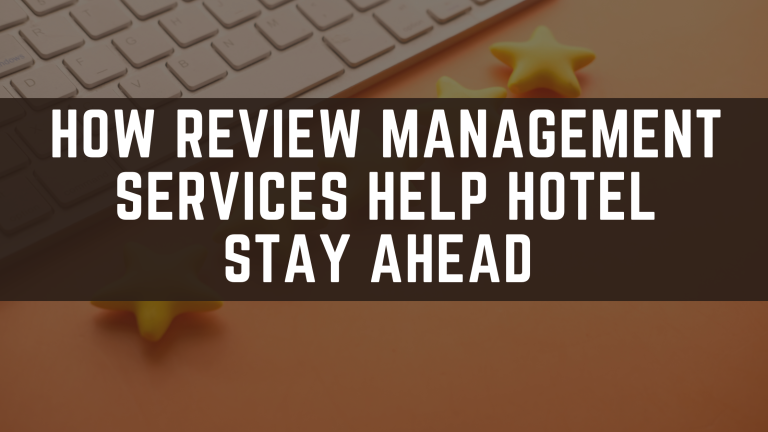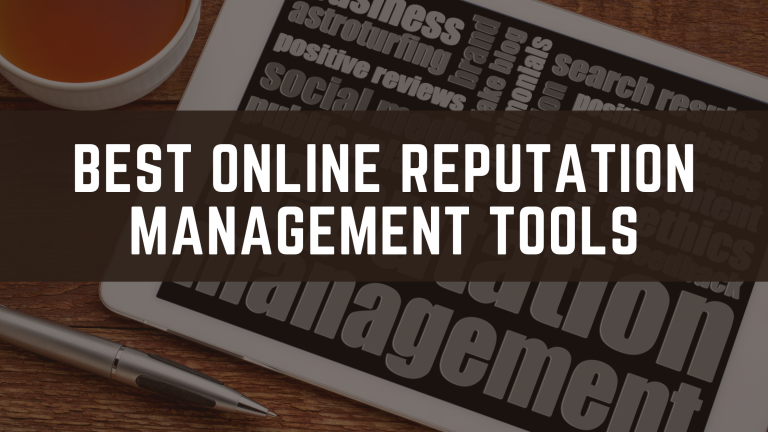Why Responding to Google Reviews Matters
Google reviews shape public perception and influence customer decisions. Businesses with strong, well-managed reviews tend to attract more trust and engagement. However, simply having reviews isn’t enough—how you respond to them also matters significantly.
Replying to reviews improves brand reputation, boosts SEO rankings, and encourages more feedback. When customers see businesses engaging with reviews, it reassures them that their voices are heard. A well-crafted response can turn a dissatisfied customer into a loyal one and highlight your commitment to customer service.
Should You Respond to Every Google Review?
There is ongoing debate about whether businesses should reply to all reviews or focus only on negative ones. Some believe responding to every review builds a strong brand presence, while others worry about appearing too eager or repetitive. Let’s explore different approaches based on real user insights from business owners and consumers.
Respond to Every Review (Best for Engagement & SEO)
Many experts recommend replying to all reviews because it signals that your business is active and engaged. Google prioritizes businesses that interact with customers, and responding to reviews helps strengthen your online presence. Customers who see responses are also more likely to leave feedback, increasing review volume and improving your rankings.
However, some customers perceive excessive responses as forced or robotic. If you choose this approach, make sure your replies are personalized and meaningful. Avoid generic or overly promotional responses, as they may feel insincere to potential customers.
Respond to Negative Reviews Only (Best for Damage Control)
Some businesses focus solely on addressing negative reviews. This strategy is perhaps for those with more limited bandwidth. By prioritizing damage control, businesses can prevent small complaints from escalating and show potential customers that they take concerns seriously.
While this approach saves time, it has drawbacks. Ignoring positive reviews may make your business appear indifferent to satisfied customers, and you’re also leaving opportunity on the table as a response to a positive review is another opportunity to showcase your hospitality as well as your unique selling features. A balanced approach—where you engage with both positive and negative feedback—often works best.
Selective Responses (Balanced Approach)
A middle-ground strategy involves replying to reviews based on their content. Businesses may choose to respond to detailed 5-star reviews, thank 4-star reviewers while asking for feedback, and thoroughly address concerns from lower-rated reviews. This approach maintains engagement without overwhelming your review page with excessive replies.
For instance, a restaurant might respond to all 3-star or lower reviews with a thoughtful resolution while thanking select 5-star reviewers for their support. This method saves time while still maintaining a professional and responsive brand image.
Best Practices for Responding to Google Reviews
How you respond matters just as much as whether you respond at all. A professional, engaging reply can strengthen your brand image, while a poorly worded response can harm it. Here are some key best practices.
-
Personalize Your Response
Avoid generic, copy-paste responses. Address the customer by name if available and reference something specific from their review. Customers appreciate when businesses take the time to acknowledge their feedback genuinely.
✅ Example: Thank you for your review, Sarah! We’re thrilled you enjoyed your visit. Our fresh pastries are a guest favorite and we’ll be sure to share your accolades with our pastry team. We can’t wait to welcome you again one day soon!
🚫 Avoid: Thank you for your review. We appreciate your feedback.
-
Handle Negative Reviews Professionally
Negative reviews are inevitable, but how you respond to them makes all the difference. Stay calm, acknowledge the issue, and offer a resolution if possible. Even if you disagree with the complaint, remain professional and avoid defensive language.
If the complaint is valid, apologize and explain how you will address it. If it’s a misunderstanding, clarify the situation politely. Always encourage unhappy customers to contact you privately to resolve the issue.
✅ Example: We’re sorry your experience didn’t meet expectations, John. Should your time allow, I would welcome the opportunity to speak by phone so that I can learn more about your experience and offer my personal regrets. With that goal in mind, I invite you to reach out to us at support@example.com so we can coordinate a time to plan for a call.
🚫 Avoid: That’s not true! Our team provides excellent service, and we’ve never had this issue before.
-
Keep It Short and Meaningful
Long responses can feel overwhelming to customers skimming through reviews. Keep replies concise while maintaining warmth and sincerity. A short, genuine thank-you for positive reviews and a respectful, solution-oriented approach for negative ones is ideal.
Instead of writing lengthy explanations, acknowledge the feedback, provide reassurance, and encourage further communication if necessary. Customers don’t expect an essay—they just want to see that their voice is valued.
-
Avoid Copy-Paste Responses
While it may be tempting to use pre-written responses, overly robotic replies can hurt your credibility. If all responses sound the same, customers may assume they are auto-generated. Tailor each reply to fit the situation.
-
Address Fake or Malicious Reviews Correctly
Unfortunately, some reviews may be fake, misleading, or malicious. If you suspect a fraudulent review, report it to Google. In the meantime, respond politely and professionally, noting that you take customer feedback seriously but have no record of their visit.
✅ Example: Our leadership team values the feedback shared by our guests but unfortunately, we are unable to locate a reservation associated with your name. We would like to learn more about your visit and ensure the proper coaching and training takes place. With this goal in mind, we are hopeful that we can speak by phone so that we can confirm our hotel was indeed your host and learn more about your experience.
How Responding to Reviews Affects Google Rankings
Many business owners wonder if responding to reviews influences Google rankings. The answer is yes—Google favors engagement, and businesses that respond consistently tend to rank higher in search results.
When Google sees an active business engaging with customers, it signals trustworthiness and relevance. Responses also add fresh content to your profile, which improves local SEO. Additionally, customers who see responses are more likely to leave reviews, increasing your overall review volume and credibility.
A well-maintained review section with active responses can help your business stand out in competitive local searches. The more engaged your business appears, the more likely Google is to showcase it in local search results and Google Maps rankings.
Common Mistakes to Avoid When Responding to Reviews
Even with good intentions, some responses can backfire. Here are common mistakes businesses should avoid:
- Being overly defensive or argumentative. Responding with hostility can damage your reputation.
- Ignoring negative reviews. Silence may be interpreted as indifference.
- Using generic, repetitive responses. Customers notice when businesses copy-paste replies.
- Leaving overly detailed responses. A response should be professional but concise.
- Engaging with obvious trolls. Some reviews aren’t worth responding to—use your judgment.
Find a Strategy That Works for Your Business
There’s no one-size-fits-all approach to responding to Google reviews. Each business should find a system that aligns with its goals, resources, and brand identity. Whether you reply to every review or prioritize key ones, the key is consistency and professionalism.
A strong review strategy enhances customer trust, improves local SEO, and fosters a positive brand reputation. Businesses that engage with their reviews—whether selectively or fully—are more likely to stand out in competitive industries.
💡 Need expert reputation management? Visit The Reputation Lab to streamline your review responses and maintain a positive online presence.




